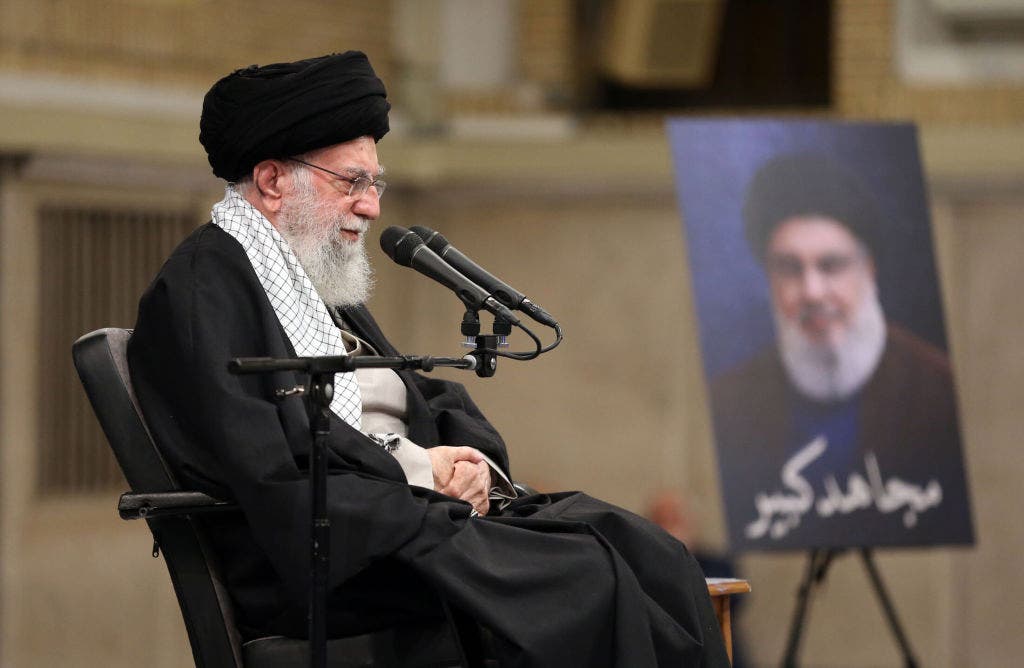Iran has claimed that it is capable of building a nuclear weapon, with Supreme Leader Ayatollah Ali Khamenei vowing a strong response to the actions of both Israel and the U.S. A top adviser to Khamenei, Kamal Kharrazi, warned that Iran may be prepared to alter its policies on using nuclear weapons in the face of an existential threat. General Mohammad Naeini of the Iranian Revolutionary Guard also promised a decisive and strong response to any aggression from the enemy, stating that the response would be strategic and powerful.
Naeini’s comments came in response to Israel’s attack on Iran on Oct. 26, which targeted critical military infrastructure. This attack followed a wave of missiles launched from Iran into Israel on Oct. 1. Israeli Prime Minister Benjamin Netanyahu indicated that Iran’s nuclear program could potentially be the next target for Jerusalem, amid Tehran’s threats of violence. The U.S., Israel’s chief ally in the fight against Hamas, Hezbollah, and Iran, has cautioned Jerusalem against targeting Iran’s energy infrastructure, including nuclear and oil facilities, due to concerns it could spark a regional war.
Reports suggest that Iran may be waiting until after the U.S. presidential election to launch a retaliatory strike, although other sources claim that Tehran’s response could happen at any time. The U.S. is mediating discussions between Israel and Iran to try and prevent further escalation of tensions. Iran’s claims of its nuclear capabilities and willingness to use them in response to an existential threat further heighten concerns about the stability of the region and the potential for a larger conflict between Iran and its adversaries.
The ongoing conflict between Israel and Iran has escalated in recent months, with both sides engaging in attacks and threats against each other. Iran’s vow to modify its nuclear doctrine in response to an existential threat raises the stakes in the ongoing conflict, with the potential for further violence and instability in the region. The U.S. and other international actors have a vested interest in preventing a larger conflict between Iran and Israel, as any escalation could have far-reaching consequences for the region.
Iran’s claims of nuclear capabilities and willingness to use them in response to aggression from Israel and the U.S. underscore the volatile nature of the situation in the Middle East. The potential for a wider conflict involving multiple actors in the region, including Iran, Israel, and the U.S., poses a significant threat to regional stability and security. Efforts to mediate discussions between the involved parties are ongoing, but the situation remains extremely tense and precarious, with the risk of further violence and conflict looming large.


